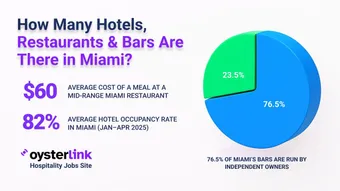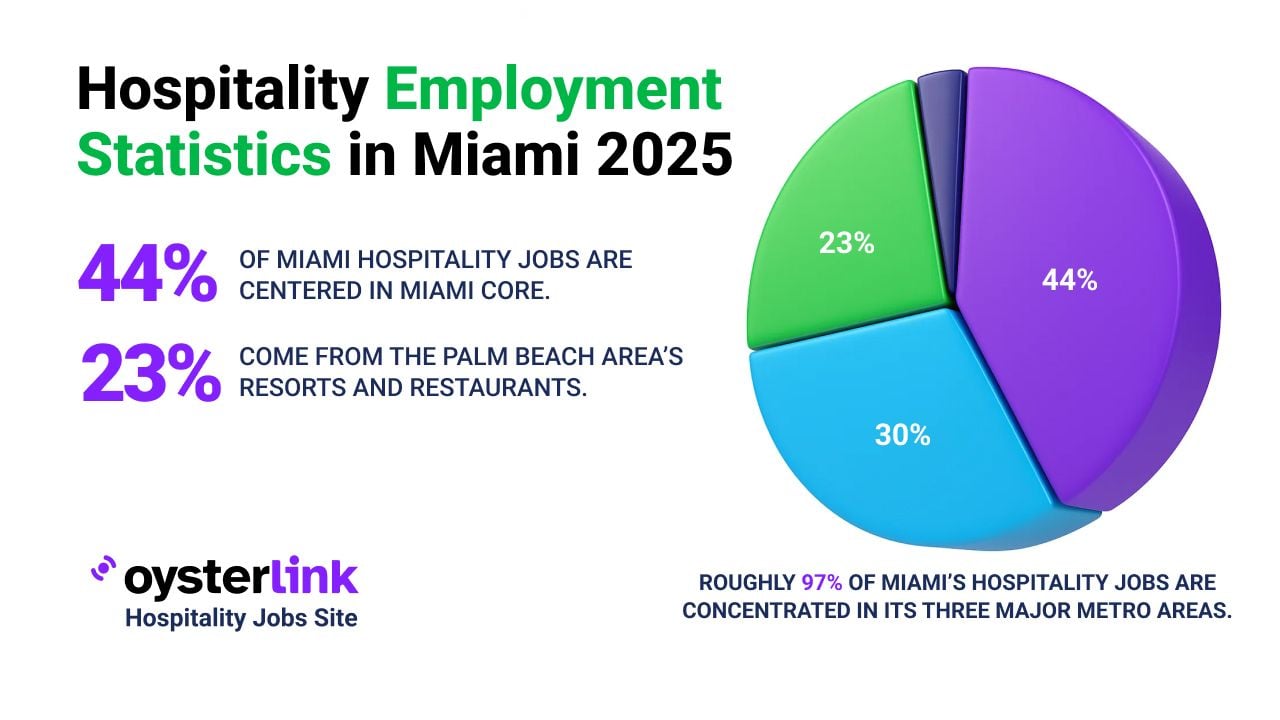Lansing/Michigan Cost of Living: Quick Takeaways
- Housing Costs: The average rent for a one-bedroom apartment in Lansing has risen steadily, reaching approximately $1,100 in 2025.
- Transportation Expenses: Public transit fares remain affordable, with monthly passes costing around $50 and fuel prices averaging $3.20 per gallon.
- Healthcare Costs: Employer-sponsored health insurance averages about $150 monthly, with silver plan premiums near $400 monthly.
- Income Levels: Median household income in Lansing is projected to be approximately $53,000 in 2025, showing gradual growth from previous years.
Lansing, Michigan, offers a cost of living well below the national average, particularly in housing and food expenses.
This article presents a comprehensive breakdown of Lansing's various living costs in 2025, covering housing, utilities, transportation, and more.
1. Housing Costs in Lansing/Michigan
Housing is a dominant factor in Lansing's cost of living. Below is a historical overview of rent prices for a one-bedroom apartment:
- 2010: Approximately $700
- 2015: Around $800
- 2020: Approximately $900
- 2024: Reached $1,059
- 2025: Projected at $1,100
Rent prices have seen steady growth reflecting demand and economic factors in Lansing and surrounding areas.
For hospitality business owners looking to attract the best staff, understanding local restaurant staff hiring trends can help tailor compensation offers aligned with living costs.
2. Homeownership and Real Estate Trends in Lansing/Michigan
The housing market in Lansing has experienced appreciation over the last decade:
- 2010: Median home price was about $95,000
- 2015: Increased to $110,000
- 2020: Approximately $127,100
- 2024: Reached $150,000
- 2025: Projected at $155,000
This steady rise speaks to the stability and potential investment value found in the Lansing real estate market.
3. Transportation Expenses in Lansing/Michigan
Lansing offers accessible transportation options with reasonable costs:
- Public Transit: The one-way fare is about $1.50, with a monthly pass available at $50.00.
- Fuel Costs: Gasoline prices average $3.20 per gallon in 2025.
- Vehicle Maintenance: Annual maintenance costs are roughly $800.
These transportation expenses depend largely on individual commuting habits and vehicle usage.
4. Utility Costs in Lansing/Michigan
Typical monthly utility bills for a household include:
- Electricity: $214.66
- Internet: $50.00
- Total Utilities: Approximately $264.66 monthly
Utility expenses vary based on consumption and service providers but remain fairly consistent.
5. Grocery and Food Expenses in Lansing/Michigan
The cost of food is generally affordable in Lansing:
Monthly grocery expenses are around $250 per person. Dining out options include casual meals averaging $12 and mid-range restaurant meals costing about $40.
Hospitality employers in Lansing can benefit from reviewing restaurant consumer trends to optimize menu pricing against local food cost expectations.
6. Healthcare Costs in Lansing/Michigan
Healthcare expenses include multiple insurance options:
Employer-sponsored monthly premiums average $150, while silver health plans cost about $400 monthly.
7. Educational Expenses in Lansing/Michigan
Education costs vary notably by institution type:
- Public Schools: Tuition-free, funded through taxes.
- Private Schools: Average tuition is around $10,000 per year.
- In-State University: Tuition averages about $12,000 per year for residents.
Costs depend on specific schools and programs chosen.
8. Entertainment and Leisure in Lansing/Michigan
Residents enjoy reasonable prices for entertainment and leisure activities:
- Movie Tickets: About $11.65 each.
- Gym Memberships: Approximately $30 monthly.
- Mid-Range Restaurant Meals: Average $40 per meal.
Annual spending on entertainment totals roughly $2,000, with additional personal care services costing around $600 each year.
If you're interested in the hospitality job market, check out this guide on hospitality job interview statistics for insight into local employment trends.
9. Taxes and Miscellaneous Fees in Lansing/Michigan
Key tax rates affecting residents include:
- State Income Tax: Fixed at 4.25% across income brackets.
- Sales Tax: 6% total tax rate.
- Property Tax: 1.83% of property value annually.
These taxes contribute significantly to local government revenues and public services.
10. Childcare and Family Expenses in Lansing/Michigan
Families budgeting for childcare should consider the following monthly costs:
- Daycare: Approximately $800.
- After-School Programs: Around $300.
- Extracurricular Activities: Estimated at $100.
These expenses are crucial for working families balancing childcare needs.
11. Clothing and Personal Care in Lansing/Michigan
Monthly spending on clothing and personal care looks like this:
- Clothing: About $100 per month.
- Personal Care Products and Services: Estimated around $50 monthly.
Expenses may fluctuate according to personal tastes and lifestyle habits.
12. Insurance Costs in Lansing/Michigan
Essential insurance premiums include:
- Health Insurance: Silver plan average monthly cost is approximately $400.
- Auto Insurance: Annual average of $1,200.
- Homeowners Insurance: Roughly $1,000 annually.
- Renters Insurance: About $200 annually.
These costs protect individuals and families financially from unexpected events.
Restaurant owners might find value in this article about restaurant insurance costs to better manage business expenses.
13. Miscellaneous Expenses in Lansing/Michigan
Other notable annual costs include:
- Entertainment: Around $2,000 yearly.
- Personal Care Services: About $600 annually.
- Miscellaneous Goods and Services: Approximately $700 yearly.
Such expenses add depth to overall living costs depending on household preferences.
14. Income and Salaries in Lansing/Michigan
Household incomes have grown steadily over recent years:
- 2010: Median household income was about $46,000.
- 2015: Increased to roughly $50,000.
- 2020: Grew to an estimated $52,170.
- 2023: Approximately $52,700.
- 2025: Projected at $53,000.
This gradual increase mirrors economic trends and inflation adjustments.
For those interested in hospitality careers in Michigan, explore the restaurant manager career path which offers opportunities aligned with the region's economic outlook.
15. Comparison with National Averages
Lansing fares favorably in cost comparisons with the US national average:
- Overall Cost of Living: About 9% below the national average.
- Housing: Significantly lower by 18%.
- Utilities: Slightly higher by 4%.
- Food: Lower by 11%.
- Healthcare: Lower by 7%.
- Transportation: Higher by 6%.
- Goods & Services: Lower by 8%.
These figures suggest Lansing remains an affordable place to live relative to many parts of the country.
Our Methodology for Lansing Cost of Living Figures
We compile these estimates using reputable sources including government data, housing market reports and trusted cost of living databases. In some cases, figures are approximated due to limited availability.
Lansing Cost of Living: Conclusion
Living in Lansing, Michigan offers affordability, especially in housing and everyday expenses, making it attractive for residents and new arrivals.
While some costs like transportation and utilities are slightly above national norms, overall costs remain below average, aiding in improved quality of life.
A full understanding of these factors can help individuals and families plan their budgets effectively when considering Lansing as home.



.webp)
.webp)